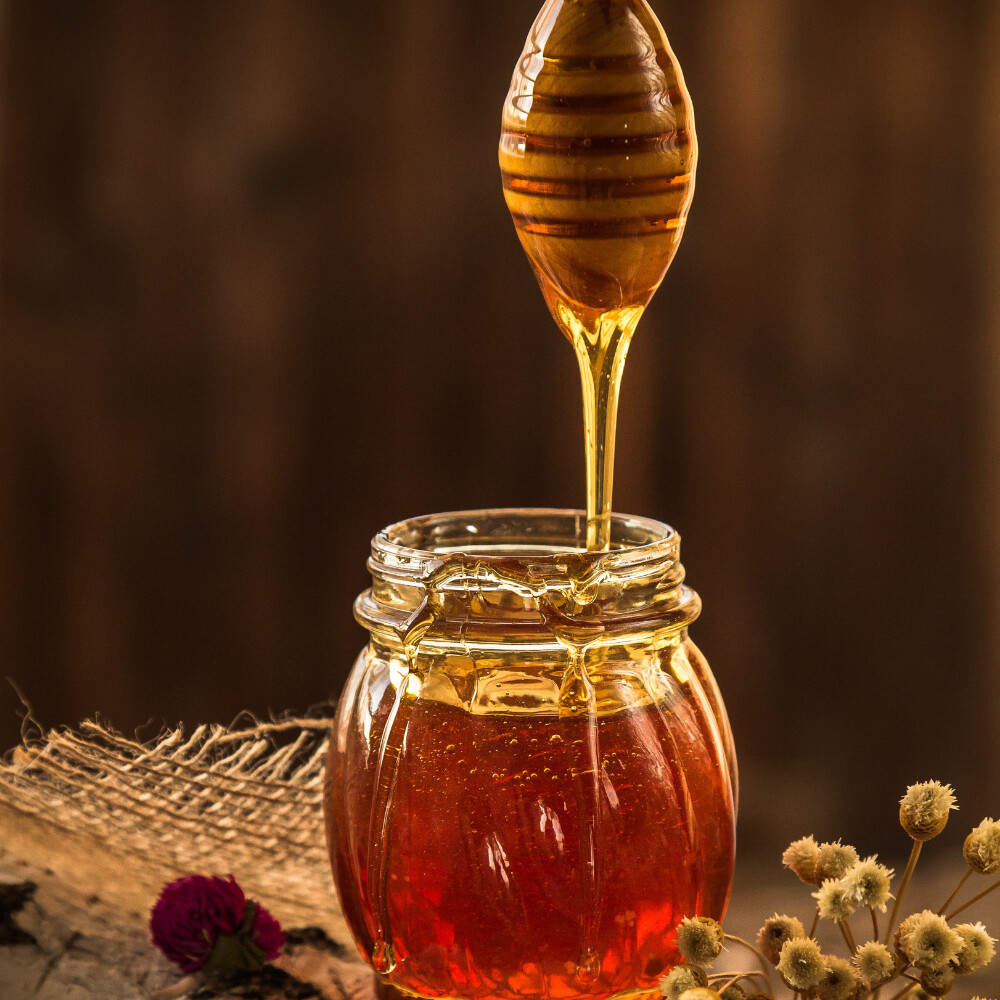
I have been fascinated by bees and honey for years. When I lived in Tennessee, I met a man who was from Poland. He told me that my maiden name meant shepherd or beekeeper. I took that as a sign to someday pursue working with bees.
I had the opportunity to attend a one-day workshop on beekeeping a couple of weeks ago and I was fascinated from beginning to end. At the end, I wanted more, so I asked where I could learn more and the presenters pointed me to their website and their 6 week class beginning in February. I’m already registered.
One of the things I learned at the workshop was that honey is one of the most adulterated foods on the market. The majority of honey on the market is not actually honey. I was puzzled by this statement. I had a vague recollection about hearing that commercial honey manufacturers were stripping pollen from honey and thought that was what they were talking about, but no. What they were referring to is that much of the honey available for purchase in retail stores, you know, that substance contained in those cute little bear-shaped bottles, is not 100% honey. It is often colored corn syrup. I was stunned.
I went home and started doing some reading. Sure enough, the recollection I had about the removal of pollen was an odd article that caught the headlines but was essentially meaningless. It had to do with honey with and without pollen and whether one was better than the other (http://www.lb7.uscourts.gov/documents/12-CV-7584.pdf). So, first up, I leaned that bees make honey from the nectar they gather from flowers, not from the pollen, so whether or not honey contains pollen, it is still honey. Good to know.
Next, I looked into the “fake honey” statement. Sure enough, there are lots of articles out there talking about how the honey you buy at the grocery store may not actually be honey. Honey is in the list of top 10 foods that are adulterated on a regular basis. Honey collection requires manual labor. In order to increase profits, manufacturers will add corn, rice or sugar cane syrup to honey to stretch it. Estimates vary but range from 1/3 to 3/4 of all honey purchased in grocery stores is adulterated. Of course, this both surprised me and disappointed me.
As many know, pure honey has lots of health benefits that are clearly not present in corn syrup. So, it’s important to get the real stuff. Although there are several articles that explain in great detail how to test your honey to make sure it’s the real deal, I would simply recommend that you buy honey locally. Do a search of your area to find local beekeepers and buy directly from them. You’ll be supporting a local business and keeping bees flying which helps with our food chain by pollinating crops. Perhaps one day, one of those local beekeepers will be me.
Interested in learning more about earth-friendly options? Join my free group here.
Get my free guide: 4 Ways Being Earth-Friendly Can Change Your Life for the Better HERE.
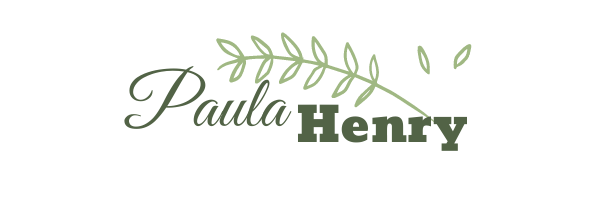

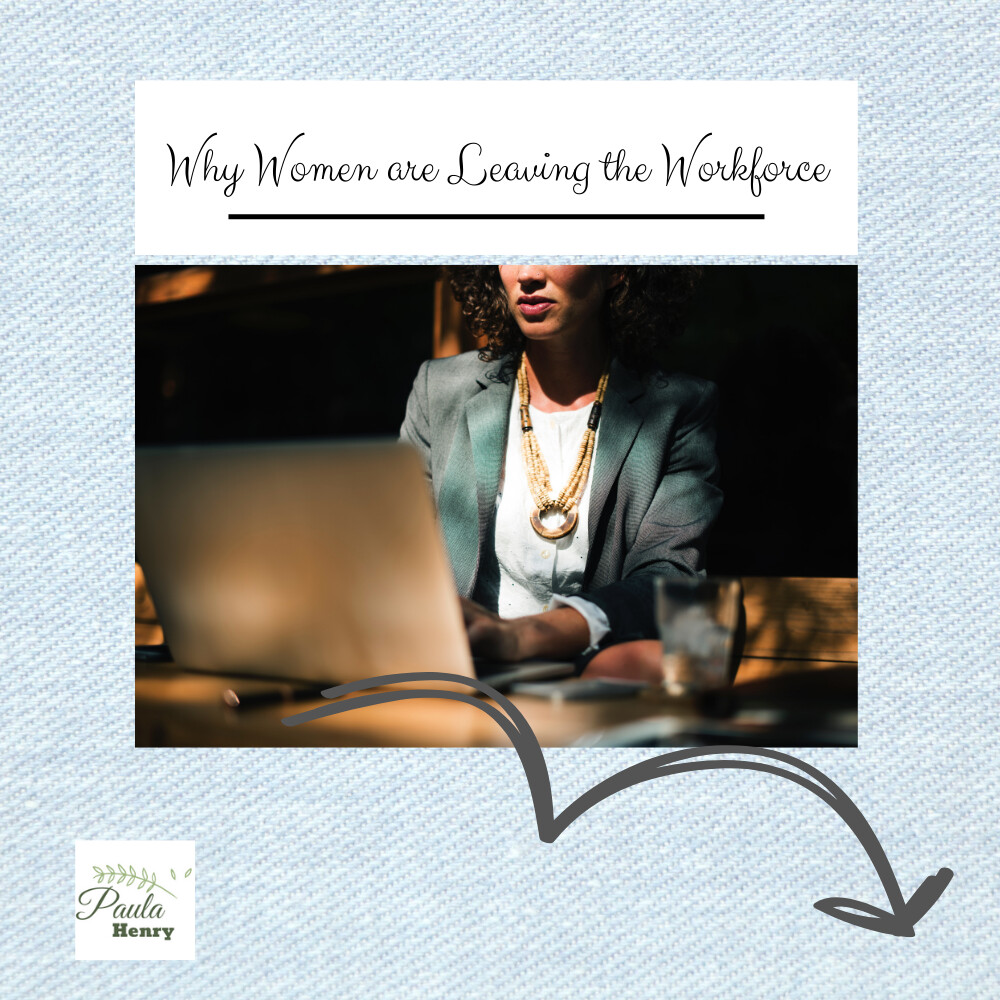

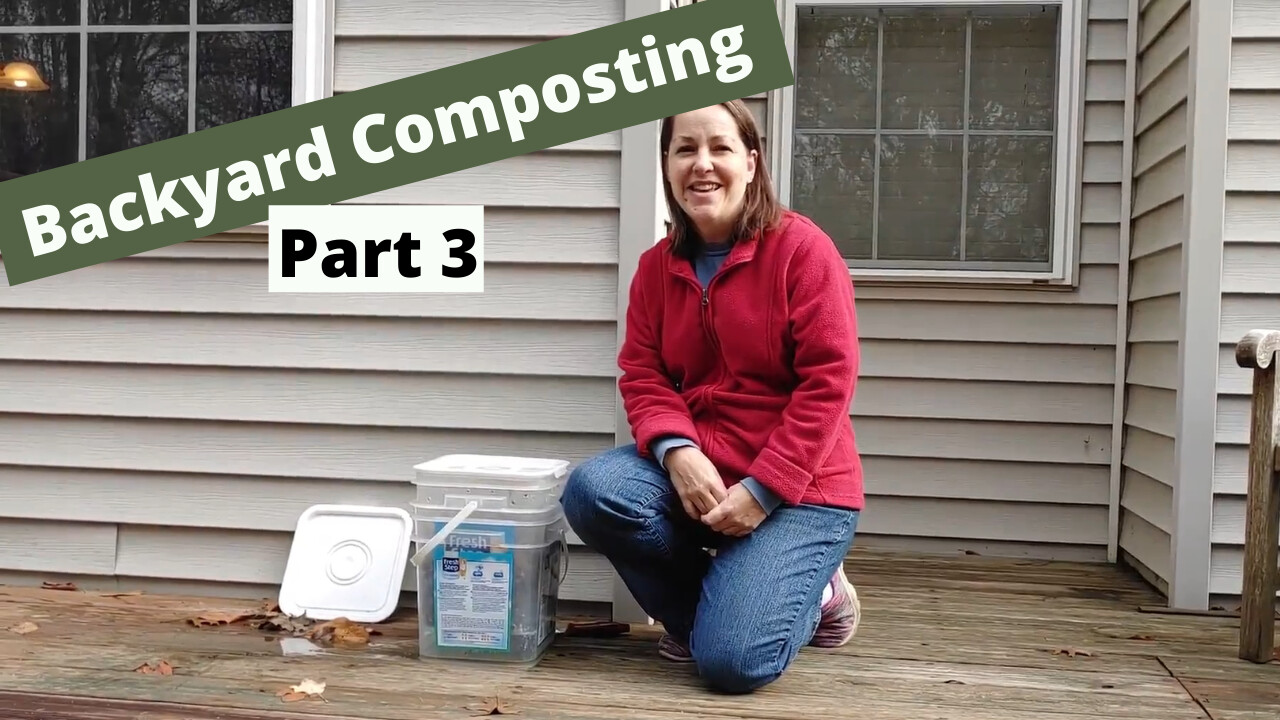

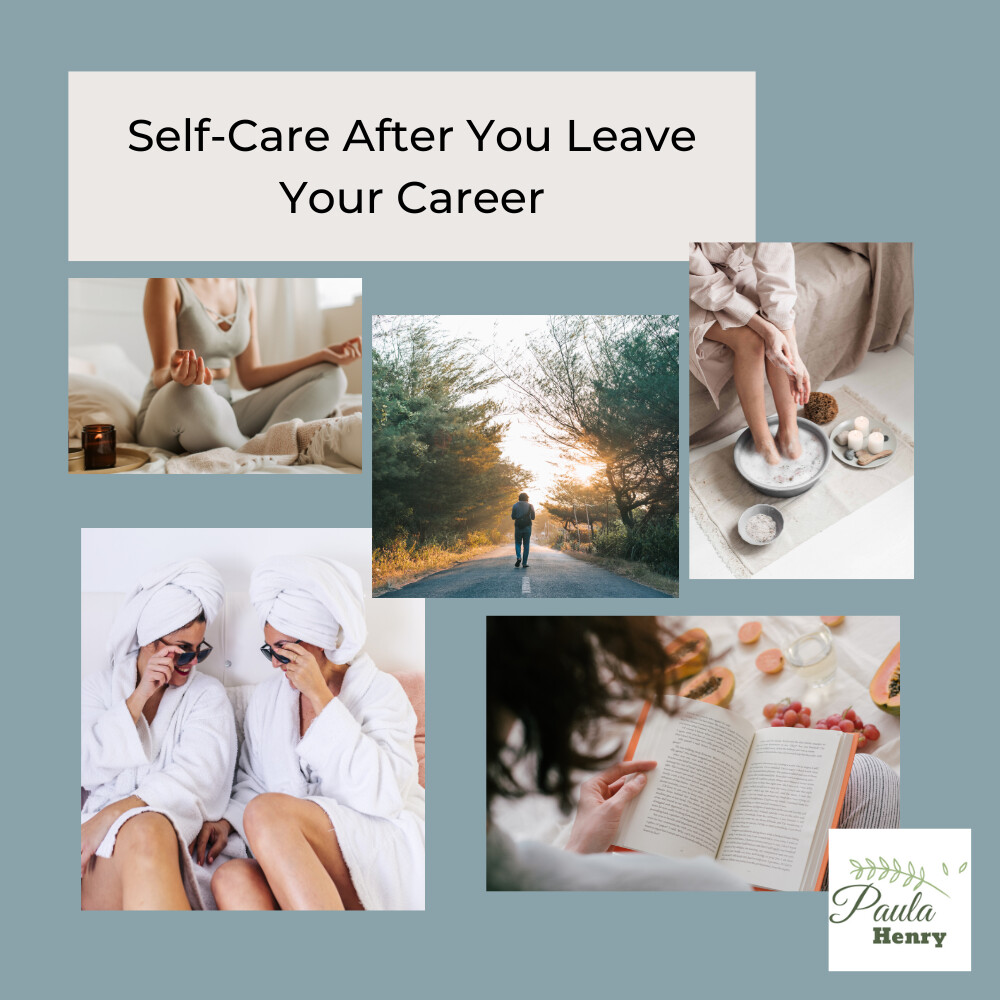
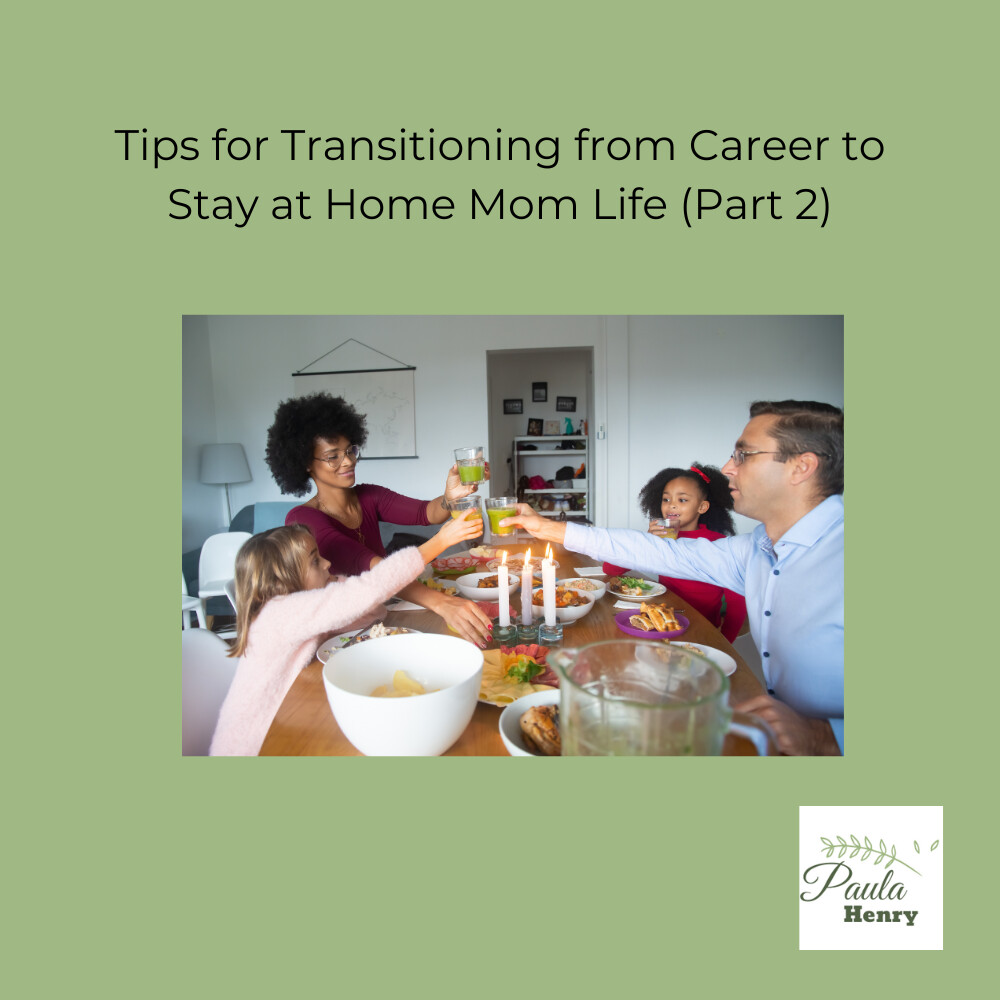
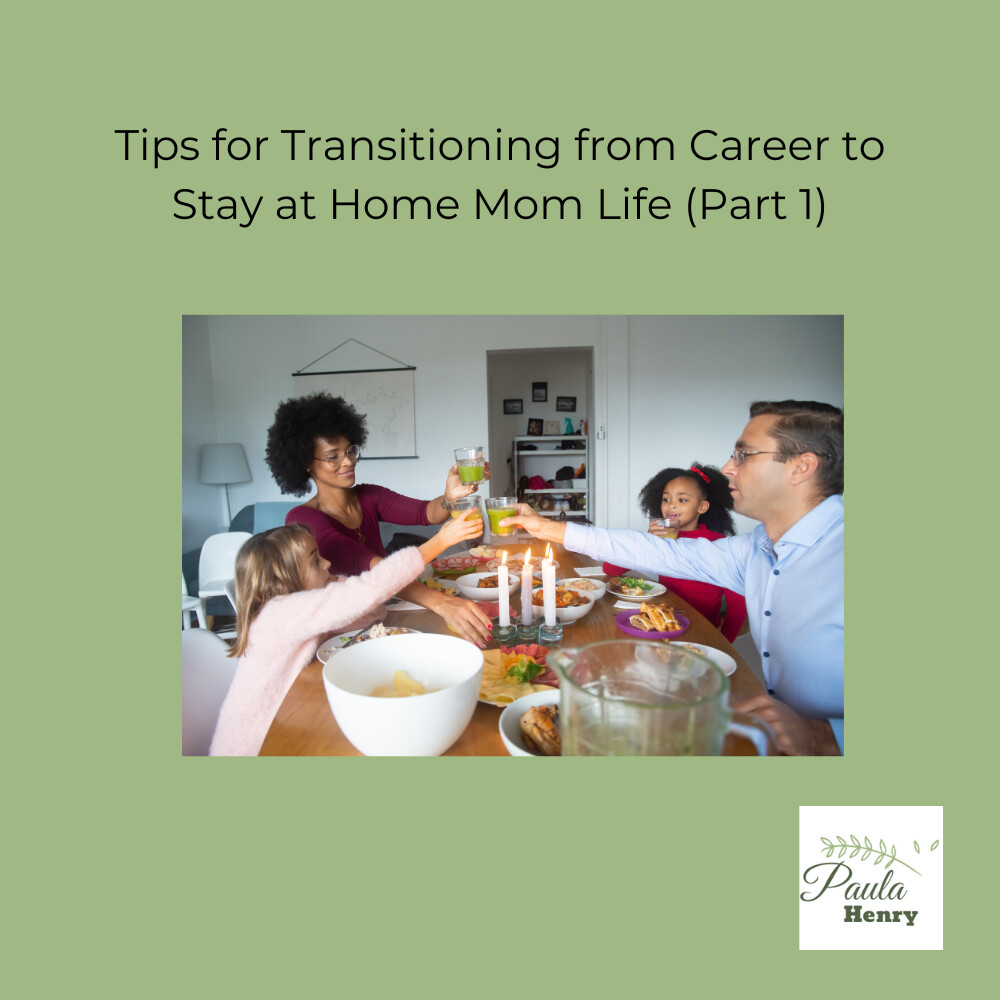

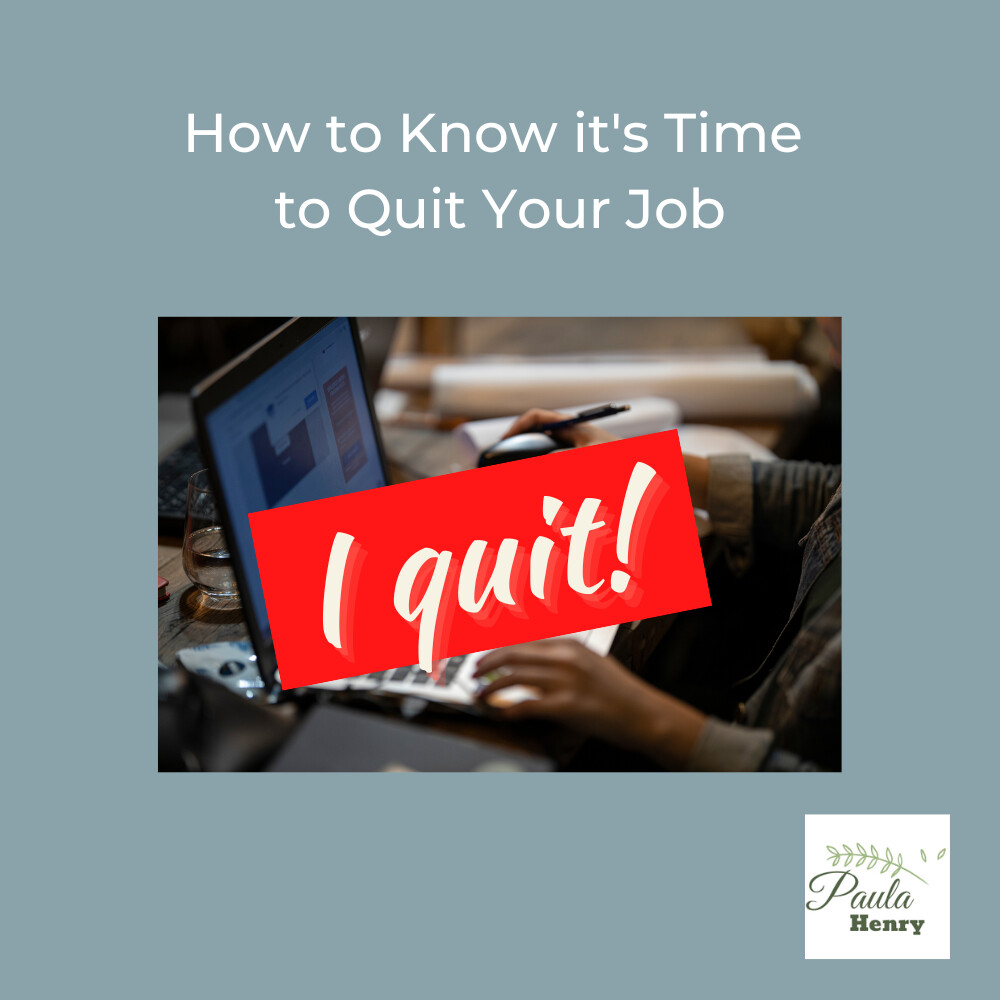
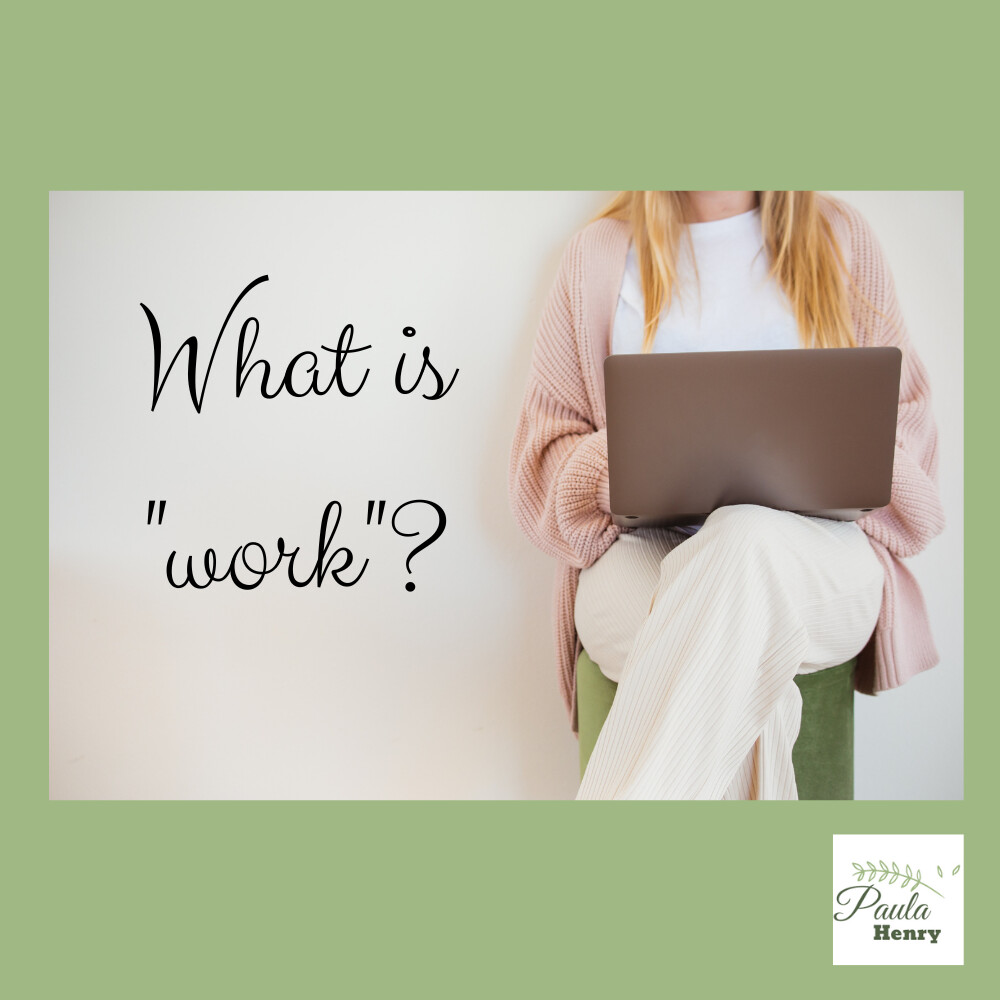
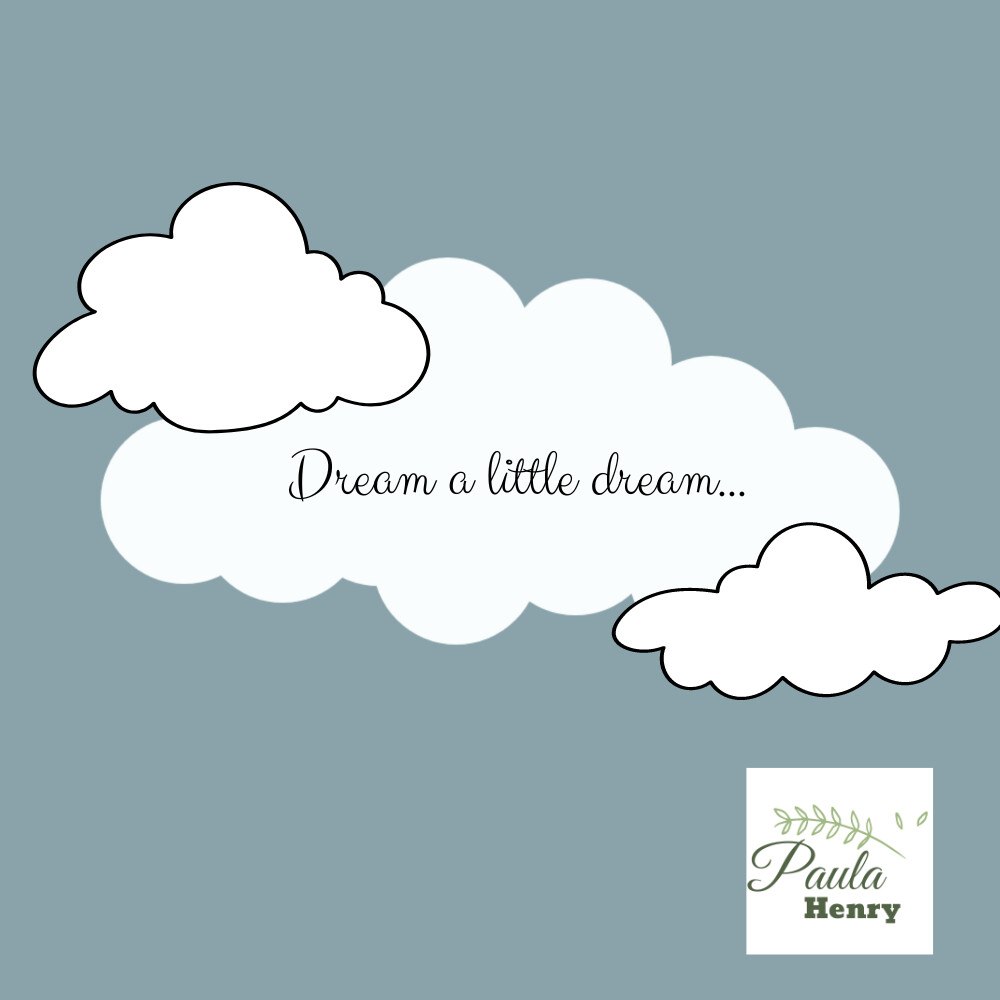



0 Comments